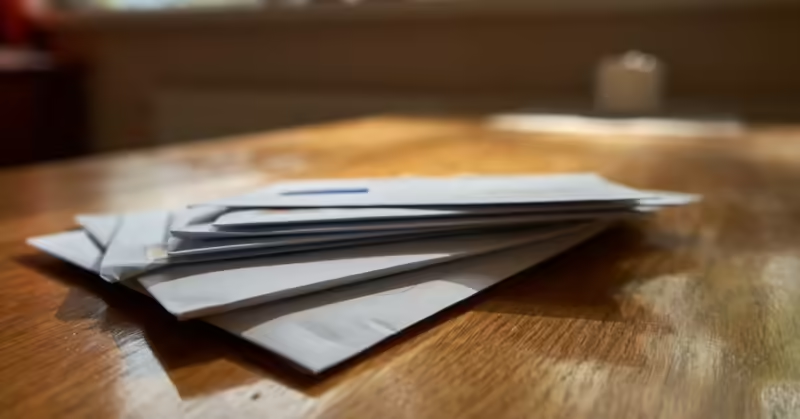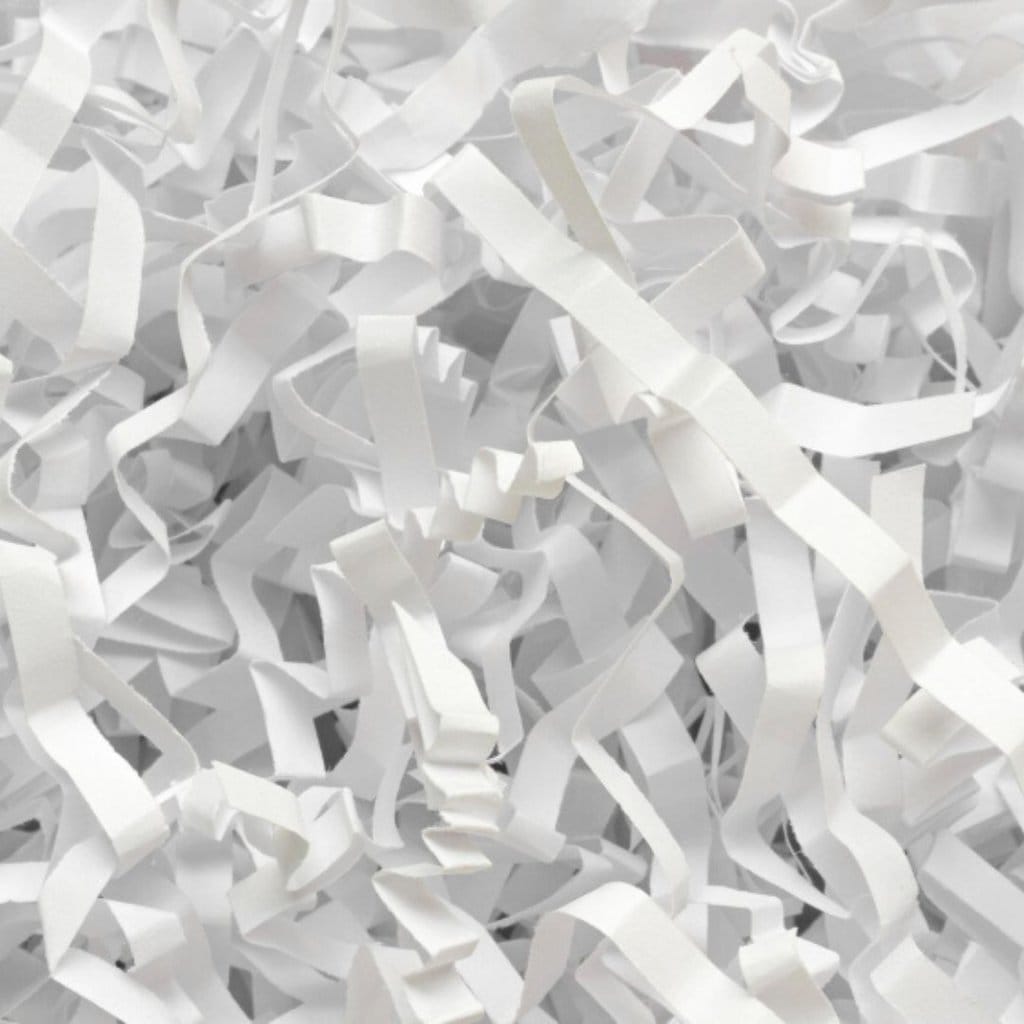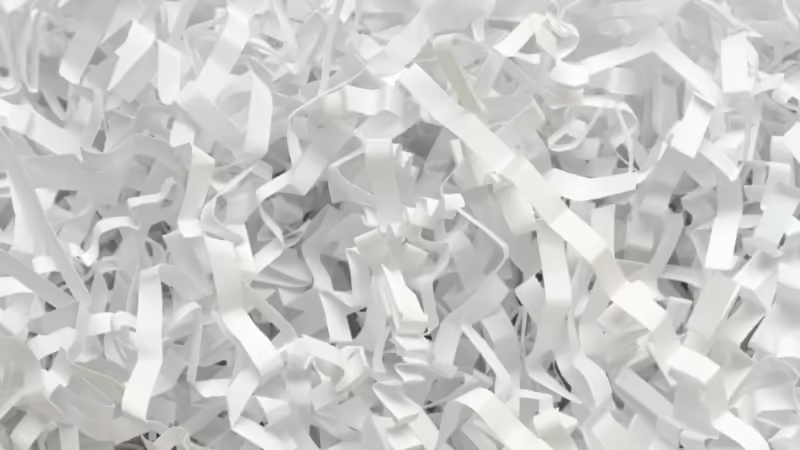Sorting through daily mail can feel like an endless task, especially when you’re stuck questioning whether or not to shred your personal mail. Tossing everything into a bin might seem convenient, but we all know the importance of protecting our personal information. We’re here to help you decide what to shred and what to keep, ensuring both security and tidiness in your home.
The Importance of Shredding

Image Credentials: By Andrius, File #: 359147281
Shredding is a vital step in safeguarding your personal data. Identity theft is a real threat, and leaving sensitive information intact in the rubbish can make you vulnerable. Documents such as bank statements, bills, and any mail containing personal details are worth shredding to prevent unauthorised access. Investing in a shredder that suits your needs can be a game-changer.
Identifying Shred-Worthy Items
Not everything needs shredding, but knowing which items do can save you trouble. Anything with your name, address, or financial details is a candidate for shredding. Junk mail with pre-filled forms, credit card applications, and outdated medical records also fits the bill. When in doubt, it’s better to shred than to toss.
The Role of a Home Shredder
A home shredder will look very different from commercial and industrial shredders. If you run a business from your home, you will likely encounter more shred-worthy mail, so it might be worthwhile to invest in a proper commercial shredder. For personal use, a basic shredder may suffice, handling your daily mail with ease. Just keep in mind that overuse can lead home shredders to overheat, so if you’re always shredding, you might want to upgrade.
Organising Mail Efficiently
Clutter can quickly take over if you fail to manage the mail properly. Sorting mail as soon as it arrives can help you maintain a clutter-free environment. Set up a system with designated spots for items to shred, file, or recycle. This method, paired with our proven tips for keeping a tidy abode, ensures your space remains orderly and efficient.
Eco-Friendly Shredding Practices
Shredding doesn’t mean you can’t be eco-friendly. Consider recycling shredded paper if your local facilities accept it. Composting is another option, provided no glossy paper or plastics are involved. Responsible shredding enables you to protect the environment while securing your personal data.
Knowing When To Keep
Some documents are better kept than shredded. Securely store important papers such as medical records, tax returns, and legal documents. Invest in a fireproof safe to keep these items protected yet accessible when needed. Striking a balance between shredding and storing is key to effective personal document management.
Conclusion
Deciding whether or not to shred your personal mail doesn’t have to be a daunting task. By understanding the importance of shredding, identifying what’s worth shredding, and adopting eco-friendly practices, you can protect your information and maintain a tidy space. A little organisation goes a long way in ensuring peace of mind and a secure home environment.


